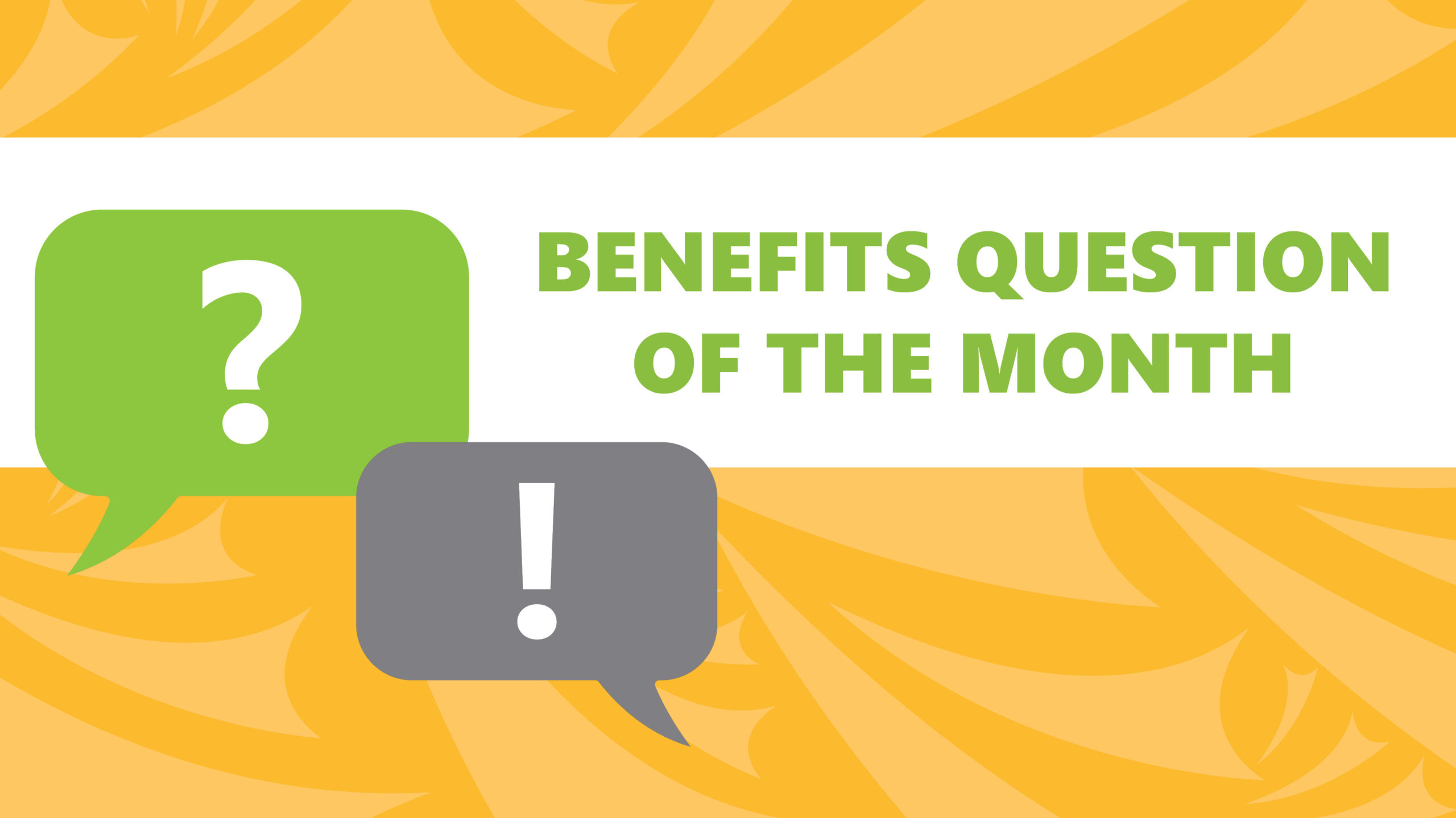Benefits Q&A: How Will Health Plans Be Impacted When the COVID-19 Public Health Emergency Ends?
March 1, 2023
Julie answers this month's question on how health plans will be impacted now that the COVID-19 public health emergency is ending.
Julie answers this month's question on how health plans will be impacted now that the COVID-19 public health emergency is ending.

*This blog has been updated April 11, 2023 to reflect legislation ending the national emergency one month earlier than originally planned. This change results in the shortening of certain deadlines as described below.
At the beginning of the COVID pandemic, many laws were passed regarding the legal requirements that applied to health insurance plans and carriers. These were mostly tied to the declarations of a national emergency and/or public health emergency. With those emergency declarations coming to an end, employers need to be aware of how it may affect their health plans.
The national emergency period will come to an end on April 11, 2023, due to legislation just signed by President Biden. This means the outbreak period will end on June 10, 2023.
The public health emergency is still set to end on May 11, 2023.
The following COVID-related coverage requirements will end as of May 11, 2023 (when the public health emergency ends):
Health plans will no longer be required to cover COVID-19 tests and related services – including at-home diagnostic tests – without imposing any cost sharing, prior authorization requirements, or other similar requirements.
Non-grandfathered group health plans have been required to cover COVID-19 immunizations and boosters, at no cost to employees, whether they were obtained at in-network or out-of-network providers. Going forward, plans must still cover recommended COVID–19 immunizations without cost-sharing but will be allowed to limit this coverage to in-network providers.
The following COVID-related extended deadlines will end as of June 10, 2023 (the end of the outbreak period, or 60 days after the national emergency ended on April 10):
COVID relief legislation gave employees additional time (up to 12 months) to enroll in health coverage after certain life change events occurred, such as marriage or loss of other coverage. With the end of the emergency periods, employees will again be guaranteed the opportunity to enroll within the original time frame of 30 days (or 60-day period, if applicable).
Similarly, COVID legislation gave both employers and employees additional time to meet various deadlines under COBRA. These extensions will also be expiring.
Certain deadlines for plan participants to file a claim, appeal an adverse benefit determination, or request an external review of a claim will also revert to their original ERISA deadlines.
In response to the COVID-19 pandemic, the Coronavirus Aid, Relief and Economic Security (CARES) Act allowed HSA-eligible high deductible health plans (HDHPs) to provide telehealth or other remote care services before plan deductibles were met. This relief was not specifically linked to the Covid emergency declarations; rather, it applied for plan years beginning before Jan. 1, 2022.
The Consolidated Appropriations Act, 2023 (CAA), which was signed into law on Dec. 29, 2022, extends the ability of HDHPs to provide benefits for telehealth or other remote care services before plan deductibles have been met without jeopardizing HSA eligibility. This extension applies for the 2023 and 2024 plan years.